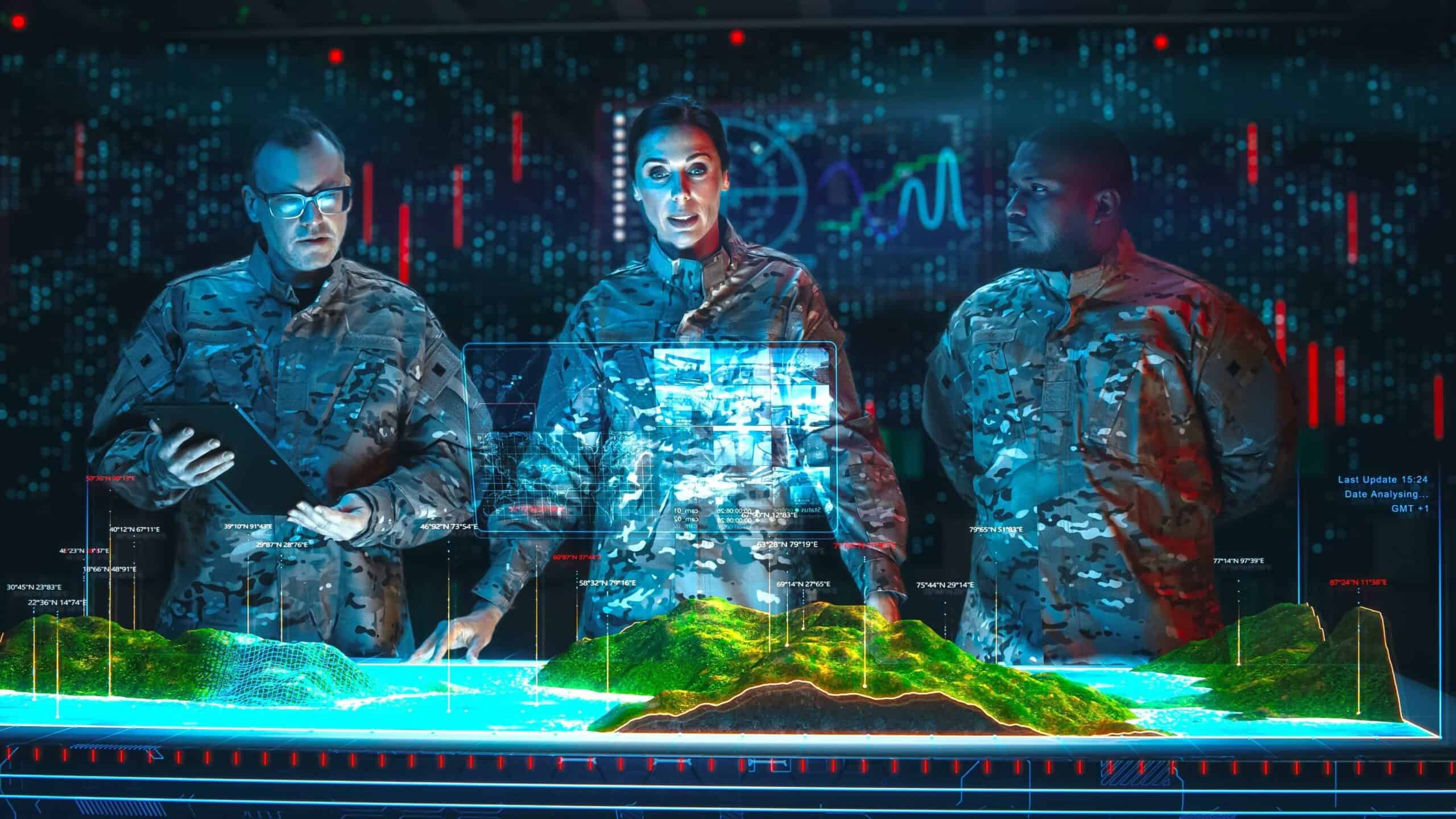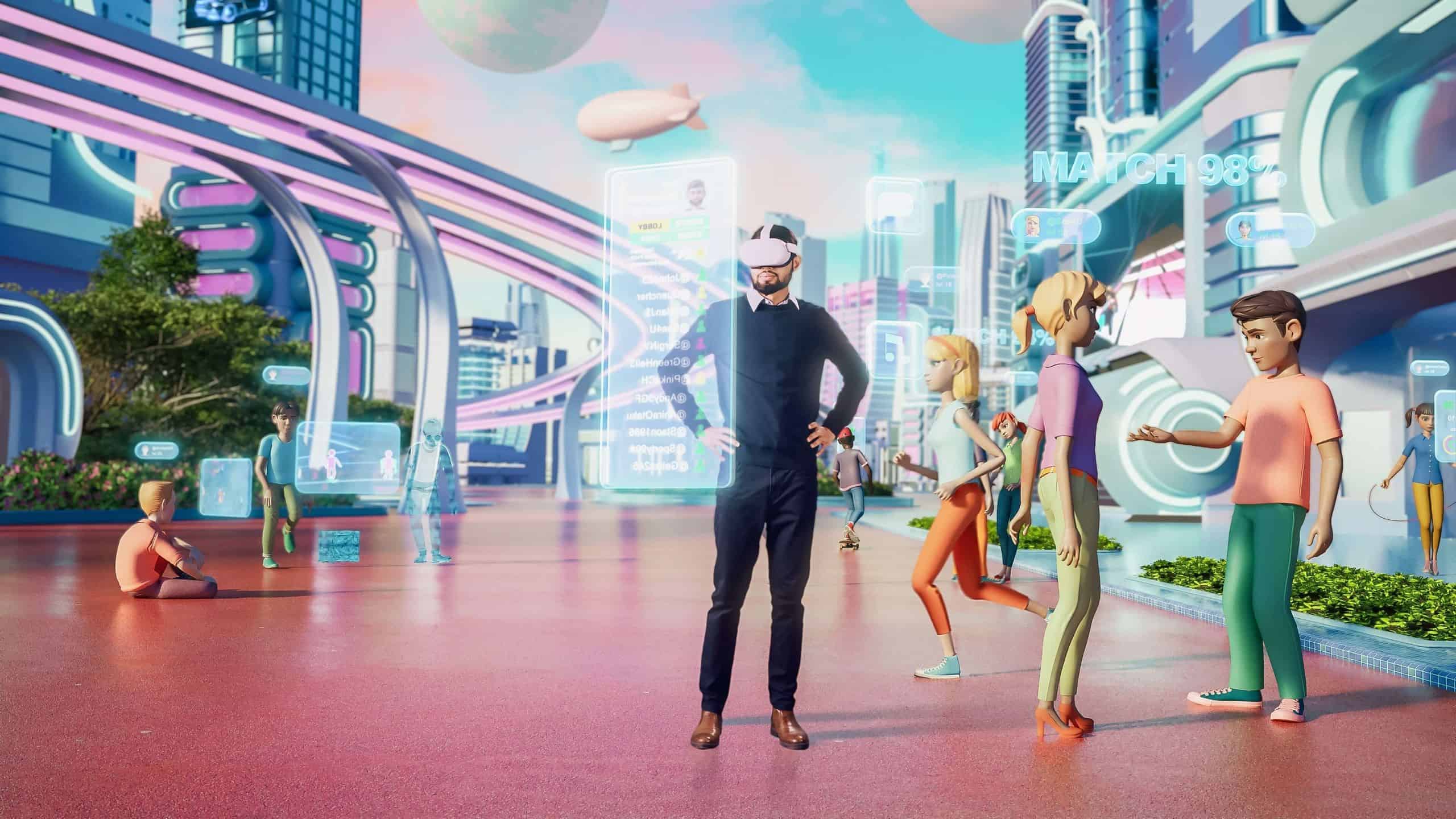What the future of government will look like after COVID-19.
Since COVID-19 was first discovered in December 2019 in Wuhan, China, it has spread rapidly across the globe. Once the WHO declared it a pandemic, many countries went into lockdown to curb the spread of the virus. While lockdowns have been fairly effective in reducing the number of infections, they have also put tremendous pressure on the world’s economy. Millions of people lost their jobs, thousands of businesses have closed for good, and entire industries have been devastated. The resulting recession will possibly be the most severe the world has ever experienced. So, what does that mean for the future of government?
The impact of the coronavirus crisis on governments
Perhaps above all other human institutions, governments have found themselves at the forefront (as well as in the firing line) when it comes to dealing with the pandemic and its fallout. Different governments, representing different traditions and cultures, have acted differently in their efforts to absorb the impact of the crisis. In addition to the obvious crisis of health, there is also the threat of a major economic depression not seen since the Great Depression – or perhaps even worse. According to the Organisation for Economic Cooperation and Development (OECD), global economic activity is thought to have contracted by 6 to 7.6 per cent last year.
Public debt has also risen as a result, with many governments going to great lengths to head off mass unemployment and other repercussions too severe to consider. The IMF estimates that net global public sector debt in 2020 will have reached 85.3 percent of national income, up from 69.4 per cent a year earlier. Budget deficits, naturally, will be very likely to grow – more so than even the 2008/2009 crisis could have caused. Even countries that have, historically, enjoyed rare budget surpluses are expected to feel the economic pain. Germany, for example, will see its public sector debt increase by 7.9 per cent. Others, like Italy, are worse off still.
Up until recently, a lot of humanitarian work was carried out with the aim of reducing, and eventually eliminating, extreme poverty. Unfortunately, the pandemic has meant that much of this sort of work has been halted for the time being. NGOs will increasingly be turning to governments for greater assistance if humanitarian programmes are to continue at all.
What this means for the future of government
Like almost every aspect of organised human activity, governments have had to adapt to the bizarre new world brought about by the coronavirus pandemic. Experts and other concerned parties from around the world have given their thoughts on what this could mean for the future of government.
According to Paula Forteza, member of parliament for the 2nd constituency of French people abroad, there is a greater need than ever before for large-scale deliberation among citizens and a notable lack of institutional tools that can help accomplish this. “Citizen consultation is done through elections or polls, two methods which only allow for closed questions and answers. These channels do not allow ideas to emerge. We must, therefore, find a third freer, more open way,” Forteza asserts.
Bill Finnerty, senior director analyst at Gartner, believes there is a need to embrace digital solutions that can grant governments and citizens greater access to mutual information sharing and consultation. “In the short term, governments should identify a specific proof of concept of a digital twin,” he says. “In the midterm, governments will use digital twins for automated command-and-control operations that will require fewer staff to respond to incidents. Over time, digital twins will be used to test scenarios related to policy and legislation. That’s when this technology becomes truly transformative.”
For Marci Harris, co-founder and CEO of PopVox and former member of a US congressional team, however, the need for change goes beyond merely adopting technological innovations. What is sorely needed is the generation of genuine political will and a desire to change mindsets in order to increasingly include citizens in the decision-making process. “Over the years, I’ve seen that the secret recipe for success is when lawmakers or committees truly pay attention and engage with the citizens’ input,” says Harris. While tech can help make this easier and more convenient, it will achieve nothing without the political will to back it.
The digital transformation
Just like private-sector places of work, governments have had to adopt digital and remote ways of working. Members of parliament can attend debates and committees via video chat software like ZOOM or Skype – something that may well have been unthinkable just a few years ago. Governments are therefore operating, sharing information, and making decisions in totally new ways. However, it must be remembered that not every corner of the world is lucky enough to have the infrastructure in place to allow this to happen.
Governments are also benefiting from the technological revolution of data collection and analysis, allowing for better-informed decisions. Access to information can be as vital to government as precious natural resources. Like businesses and others, governments can leverage the strengths of artificial intelligence (AI) and other technologies like machine learning to better analyse existing data and automate certain (time-consuming) manual processes.
Of course, governments are particularly vulnerable to attack on ethical grounds, and widespread concerns about the intrusiveness of technology will pressure elected representatives (and others) into a more conservative approach. Government officials will have to tread carefully and navigate a potential minefield of ethical, legal, social, and economic concerns. Indeed, a survey conducted by Deloitte of 1,400 executives found that 32 per cent of respondents listed ethical issues as the main impediment to the greater use of AI. This ties in to governmental concerns over cybercrime, security, and data protection and security.
A new attitude towards public services and governance
Given the wide array of services that most governments provide for their citizens, there is no lack of demand for information regarding them. Government websites serve as information hubs about these services, from healthcare provision to passport renewal. And like every other organisation running a website, governments have to address the fact that a significant number (in many cases a majority) of website visits are being made via mobile devices. New ideas like citizen engagement software can be an effective way of establishing a two-way line of communication between governments and their citizens. Technologies and initiatives that work on these principles can help generate citizen and community-led problem solving, as well as stimulating trust via citizen participation.
Government law enforcement agencies can also benefit from new technologies, especially given the fact that present circumstances have changed the nature of their work as protectors of the public. Crimes are increasingly being committed online, as the internet has given nefarious actors a new means of targeting the innocent. Consequently, law enforcement has felt the need to adapt to and adopt new technologies and methods in order that they can meet these threats. Live video, internet databases, drones, and smart sensors all have roles to play in helping law enforcement effectively carry out its mandate. Of course, these resources also raise ethical issues regarding privacy and security.
More broadly, many governments were already dealing (or perhaps not dealing) with problems of ageing national infrastructure. Now that we are in the middle of a digital revolution, which necessitates a new approach to publicly-funded infrastructure, the need for action is greater than ever before. Smart road technologies, for example, promise to address many of the issues facing public roads and the drivers and others who regularly use them.
Naturally, a lot of focus will invariably fall upon the education sector. The future of every country is closely tied to its ability to properly educate the next generation. The pandemic has made home-based schooling (whether by parents or teachers) the norm, rather than the exception. If the generations currently being educated are to avoid being forever blighted by a mismanaged pandemic-era education system, innovative new solutions are necessary. Just as important as education is government-provided healthcare, which will also be looking to adopt a whole host of new innovations, practices, and technologies to operate more efficiently. Digital supply chains, automation, robotics, and more will be at the heart of this digital transformation.
How governments have already adapted
Of course, many governments have already been forced to make radical changes in order to continue to function at all. One of a government’s biggest concerns is the collection of taxes, with which everything it does is funded. In Australia, for instance, 5 per cent of revenues annually remain uncollected. However, the Office of State Revenue, which is responsible for tax collection in the State of Queensland, has made use of AI, machine learning, and data analytics to both prevent and predict tax fraud and other payment irregularities. As a result, the state can now accurately predict 70 per cent of tax payment default risks, thereby allowing for timely interventions in this regard.
On the other side of the world, the Swedish Tax Agency has brought in digital help in the form of a chatbot named Skatti, which responds to thousands of citizen tax queries every month and making the service feel more accessible. Thanks to AI, Skatti gets better at its job with every query it handles, allowing it to deal with taxpayer queries more effectively with every passing day.
These are just a couple of examples of how governments, which are often latecomers when it comes to new tech, have adapted to meet the peculiar needs of the pandemic-era world. To be sure, the way that governments operate will change, but so too shall their relationship with citizens. Not only will governments do things differently, but they will also be expected to take on entirely new responsibilities and change their approach to governance, not just the tools by which this can be achieved. With citizens, small businesses, and large corporations alike turning to governments for help to weather the pandemic and economic depression, the role of government may be irreversibly changed for years to come.




